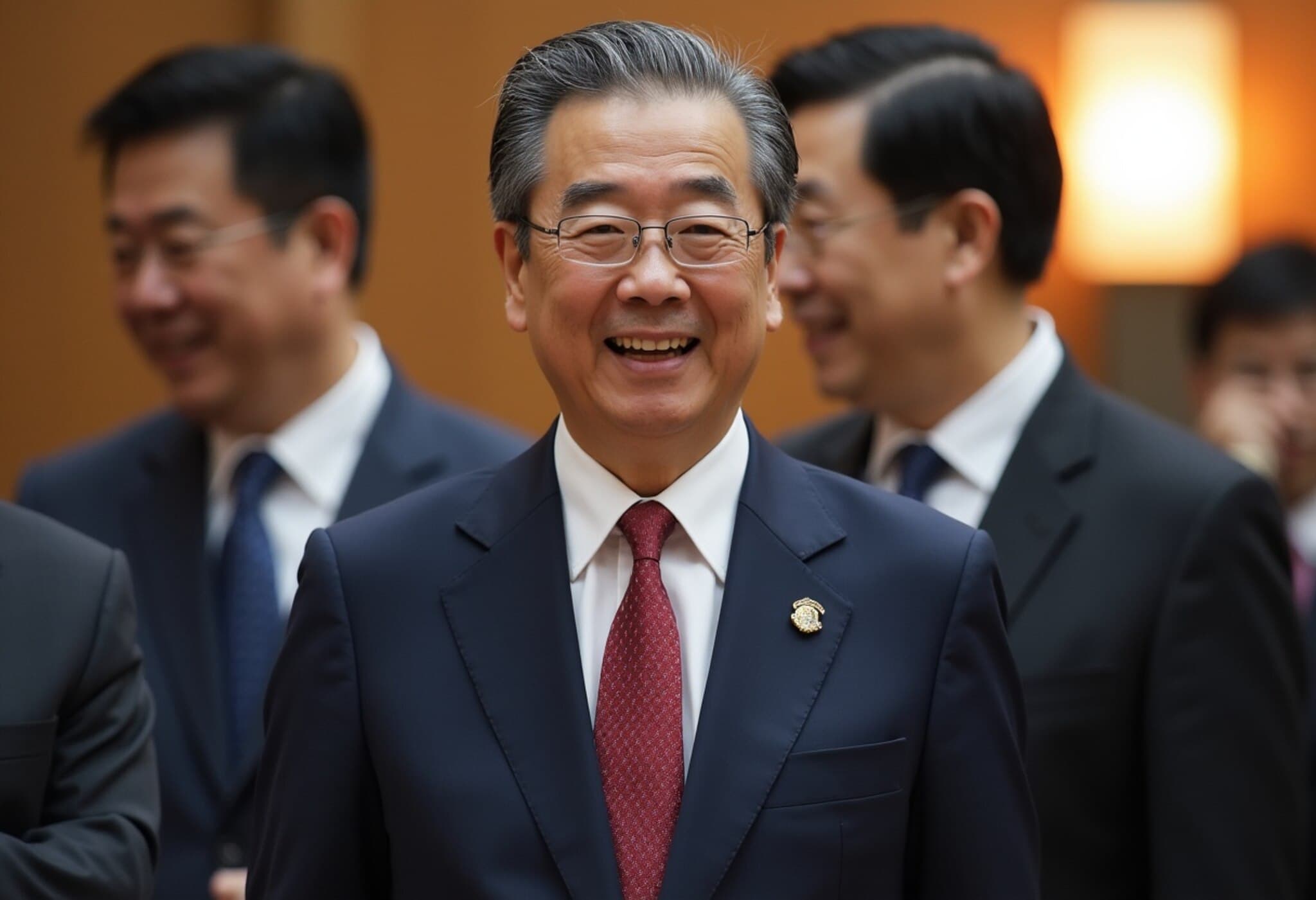Japan’s Ruling Coalition Poised to Lose Upper House Majority, Signaling Political Uncertainty
In a dramatic turn following Sunday's pivotal election, exit polls indicate that Japan's ruling coalition, led by Prime Minister Shigeru Ishiba's Liberal Democratic Party (LDP), is set to lose its majority in the upper house of parliament. This comes amid mounting political challenges and just as high-stakes tariff negotiations with the United States loom on the horizon.
Election Results and Political Fallout
According to projections from major Japanese broadcasters Nippon TV and TBS, the LDP along with its junior partner Komeito is expected to secure only around 41 out of the 125 upper house seats contested—well below the 50 seats required to hold a controlling majority.
Public broadcaster NHK further speculated that while the LDP might obtain between 27–41 seats, Komeito’s share could range from 5 to 12 seats. Taken together, these forecasts underscore the difficulty the coalition faces in maintaining legislative dominance.
Context: A Coalition Under Pressure
This setback extends a troubling trend for Prime Minister Ishiba, who already navigated a minority government after an unexpected loss in the lower house elections last October. At 68, Ishiba — noted for his expertise and measured leadership style — has not commented explicitly on his political future amid these revelations, but acknowledged the gravity of the situation on NHK, stating, “It’s a difficult situation, and we have to take it very humbly and seriously.”
Experts, including University of Tsukuba’s professor Hidehiro Yamamoto, caution that Ishiba’s position is precarious. While internal party discussions about potential successors may be underway, no clear frontrunner has emerged yet. Historically, the LDP has been known for frequent leadership changes despite its long-standing control since 1955.
Rise of Oppositional Forces and Future Challenges
Meanwhile, the right-wing populist Sanseito party has surged, with projections indicating a rise from just 2 seats to somewhere between 10 and 22 in the 248-member upper house. This reflects a broader shift in voter sentiment towards more nationalist and populist policies, which may complicate coalition negotiations and policymaking.
The potential loss of a majority for the LDP-Komeito alliance poses immediate challenges to Japan’s governance, especially as the nation faces critical economic decisions, including trade talks with the United States that could impact tariffs and bilateral cooperation.
Implications for Japan's Political Landscape
- Legislative Gridlock: Without a clear majority, passing reforms and legislation could stall, requiring negotiation with opposition parties.
- Policy Uncertainty: Economic and trade policies, notably those related to U.S.-Japan relations, may face delays or revisions.
- Leadership Questions: The LDP's succession planning will be scrutinized closely as internal party dynamics evolve.
- Populist Momentum: The rise of Sanseito signals shifting public attitudes that could influence future elections and Japan’s political discourse.
Expert Commentary: Navigating the Political Crossroads
Political analysts suggest that this period could be a watershed moment for Japan’s postwar political stability. The ruling coalition’s loss may prompt broader debates about governance structures, party cohesion, and Japan’s strategic positioning in an increasingly complex geopolitical environment.
From a U.S. perspective, the uncertainty might complicate bilateral negotiations and require greater diplomatic agility. Trade policies negotiated with Japan have intrinsic economic impacts on industries from automotive to technology, amplifying the stakes for stakeholders on both sides.
Conclusion: A Critical Juncture for Japan's Democracy
The Japanese electorate’s recent message reflects a desire for change and responsiveness to emerging social and economic challenges. As Prime Minister Ishiba and his coalition confront this new reality, their ability to adapt could define Japan’s political and economic trajectory for years to come.



















